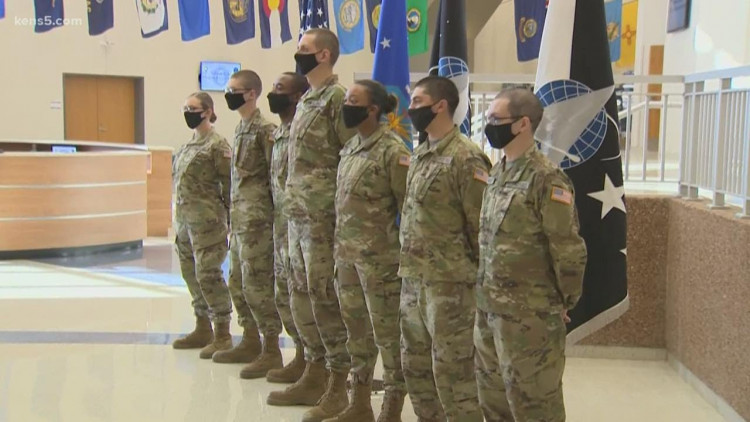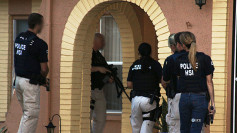A new unit of the United States Space Force has been established and is charged with delivering "critical intelligence on threat systems, foreign intentions, and activities in the space domain."
According to Pentagon officials, the development of this new organization is essential for determining how the Space Force will innovate and acquire new technology in the future.
The new division, known as Space Delta 18, will be entrusted with identifying kinetic and non-kinetic threats to American space assets. In this context, "kinetic" refers to dangers that could directly harm or degrade U.S. satellites and other assets, whereas "non-kinetic" often refers to anti-satellite weapons that interfere with satellite operations through the use of focused energy, signal jamming, or other techniques.
The National Space Intelligence Center (NSIC), a brand-new intelligence hub situated at Ohio's Wright-Patterson Air Force Base, will be run by Delta 18. According to military sources, 345 civilian and military employees will eventually work in Space Delta 18.
Although the U.S. National Air and Space Intelligence Center (NASIC) of the Air Force has been in operation at Wright-Patterson since 1993. The leadership of the Space Force has been advocating for the creation of a separate space intelligence division.
Two current NASIC intelligence squadrons will be transferred to the new NSIC, which was first proposed by Chief of Space Operations Gen. John W. "Jay" Raymond in 2020 to "meet anticipated demand for increased space intelligence at foundational, tactical, operational and strategic levels."
Space Delta 18 and NSIC are essential for advancing innovation and advancement in space, American Director of National Intelligence Avril Haines said, who spoke at a ceremony to commemorate the establishment of the new organization.
"As the Service Intelligence Center for the U.S. Space Force, NSIC will be well-positioned to support U.S. and allied space decision-makers at an absolutely critical moment in the history of space development," said Haines.
"In the years ahead, the environment will only become more contested. And as we move forward, NSIC will be relied upon to produce and analyze scientific and technical intelligence related to space for the entire nation."
The development of China's and Russia's anti-satellite weapons has highlighted the need for such a team tasked with gathering intelligence on space threats. Russia has performed very destructive anti-satellite tests that have produced dangerous orbital debris fields, while a Chinese satellite was recently observed to have dragged a retired navigation satellite into a "graveyard orbit".
As part of its ongoing invasion of Ukraine, Russia has also been jamming GPS signals by aiming its satellites toward the American Navstar network, which provides the service.
"Make no mistake," Haines added at the Delta 18 stand-up ceremony, "space is a warfighting domain today, and an ever-increasingly contested one at that."






